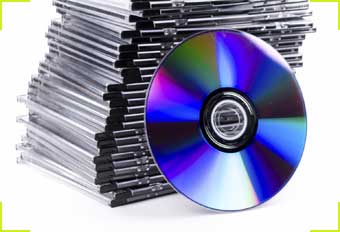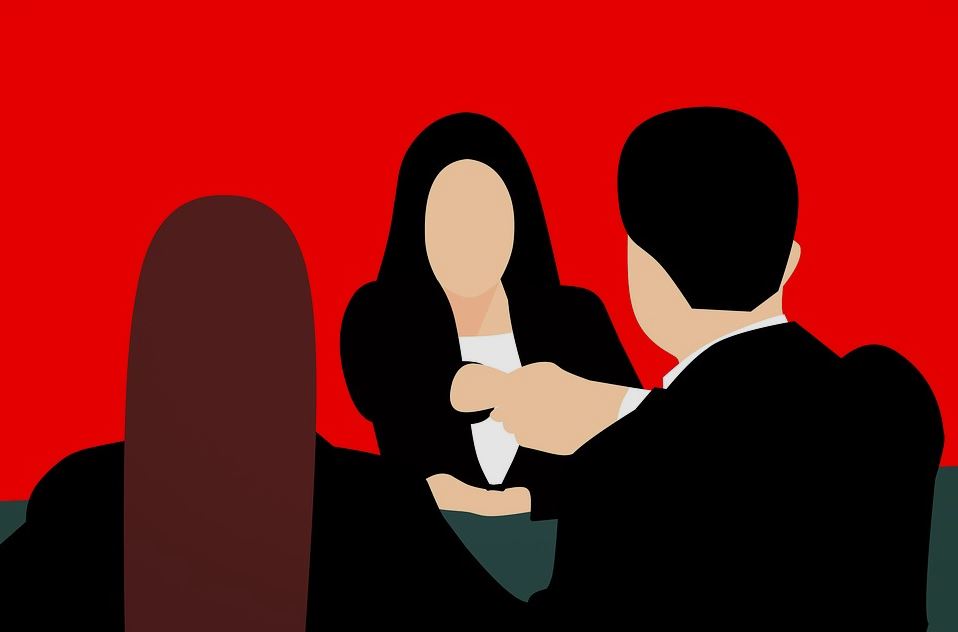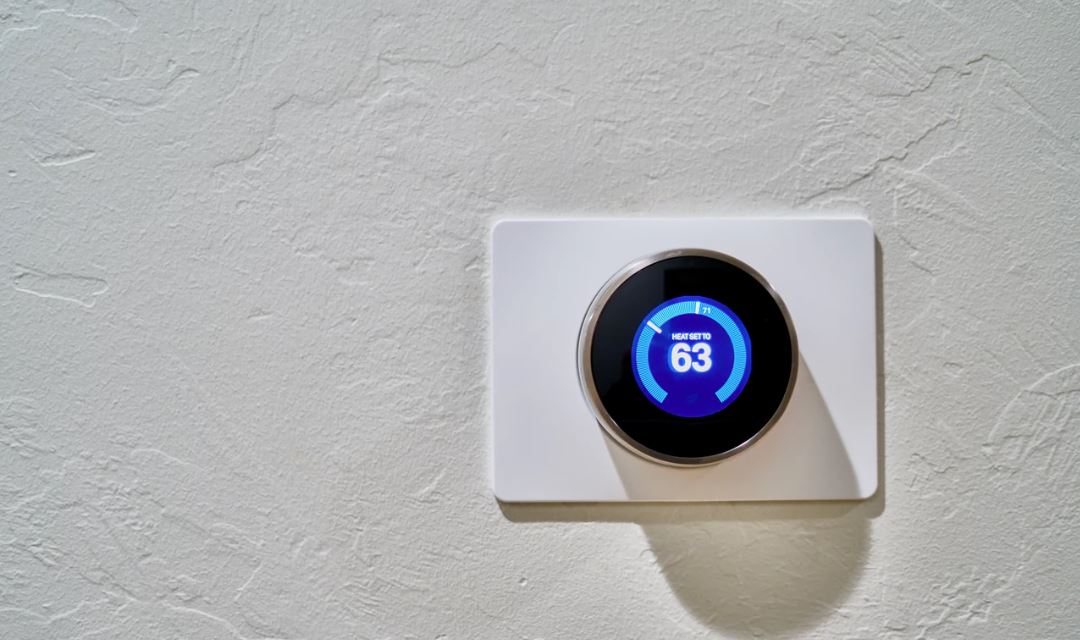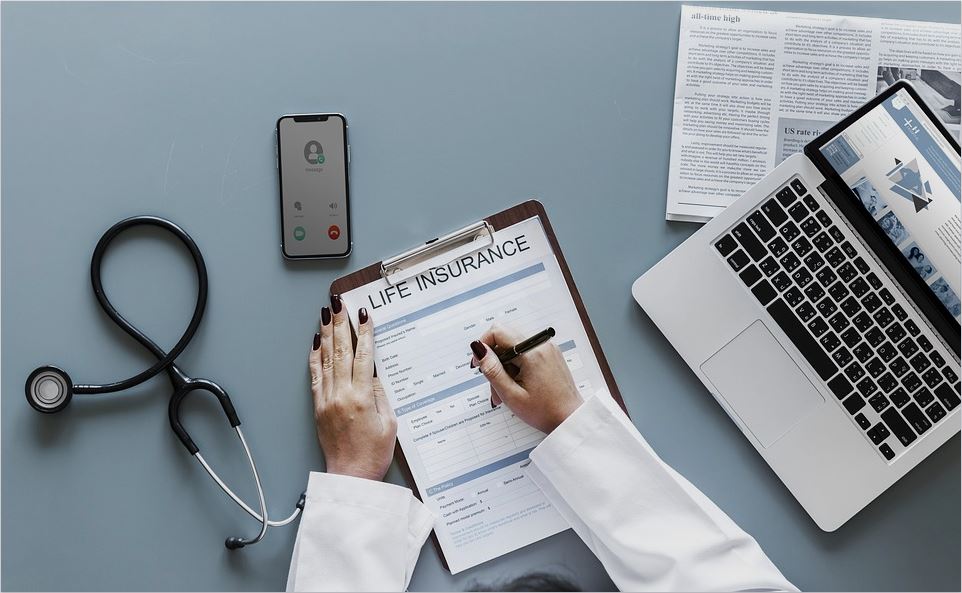It’s a tricky situation but one we will all, in one way or another, find ourselves sucked into. The case is digital goods ownership rights.
You see the world is fast moving into a digital age where many previously hard copy things will mostly exist in digital format. Books, movies, music, art, you name it, it’s all going digital.
Of course this presents the awkward dilemma that if digital goods can be infinitely reproduced at a marginal cost of zero, if I have one copy, I can theoretically produce an infinite number of copies, and creators and marketers are not happy with this.
If you wanted to pirate a hard copy book, you had to photocopy or scan the entire book (what can only be called a very steep disincentive) or simply give away the book for free.
With digital editions, this is different, and you can share multiple copies at will.
This is why when you buy digital goods today, the sellers have you agree to some very stringent terms of use that essentially say that you are not buying the actual creation but rather a license to use that material in a certain manner.
This is where all the property rights activists hoist up their placards and banners in protest. But let’s take a step back for a second and look at this thing objectively.
Sure, you have bought this song or eBook and you do have a right to resell it if and when you wish to. But on the other hand, this only applies to secondhand goods, which digital goods do not really quite fit into.
When you buy a digital good, you are only purchasing a version of it, not the actual item.
To use an analogy, when you buy a book, you are only purchasing a copy of the book, and not the right to reproduce and resell the actual works.
To take that analogy further, when you resell your old CDs, what you are selling is the medium, which happens to have the music on it, rather than selling the music, which happens to be on a CD.
Confused yet? Digital goods therefore fall in the realm of intellectual property.
The actual digital goods represent the very raw and immediate embodiment of the original art. To explain this, when you buy a song in digital format, the quality and value does not depreciate over time.
In addition, the song is in the reproducible format that it was originally created. In other words, the creator has simply lent you access to the original creation, rather than sold you the actual piece of creation.
So in a sense, you have no right to resell your digital music collection but only to a certain extent.
For instance, you could opt to sell your iPod, which happens to have your extensive music collection and this would not be termed as copyright infringement no more than if you sold your TV on which you view dozens of shows.
Ultimately, the real clincher in this whole debacle is the need to educate users on the extent of their usage permissions (and not through lengthy terms of use that no one ever reads).
Simply helping users understand the nature of licensing digital media will go a long way in countering all the negative sentiment that is building.
You do own something when you buy a digital good, but it’s not what you think, it’s the right to use that digital good within specific guidelines, but not the actual good and the right to profit from it, which, I must add, is a whole other different story altogether.
Guest post by Scott Ryan, writing for Morris Brothers Music Store, a music store that supports the digital rights of musicians and music lovers alike.
Who Really Owns The Digital Music That You Buy?





